School playground smoking ban in public health plan
- Published
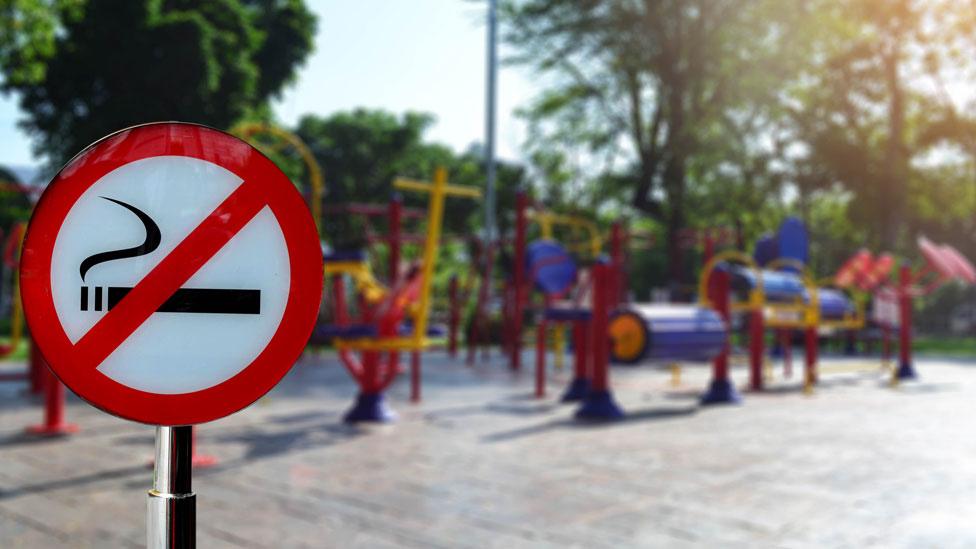
Plans to ban smoking in school and hospital grounds and playgrounds in Wales have been launched.
But this second attempt to bring in the Public Health Bill, external does not include a controversial ban on e-cigarettes in some enclosed places.
The Welsh Government plans, first outlined in 2014, still include tattooing and piercing regulation.
Public bodies will also have to assess the effects on physical and mental health of any decisions they make.
If there was a plan to build a new road or open a fast-food restaurant near a school then councils, for example, would need to consider the health impact.
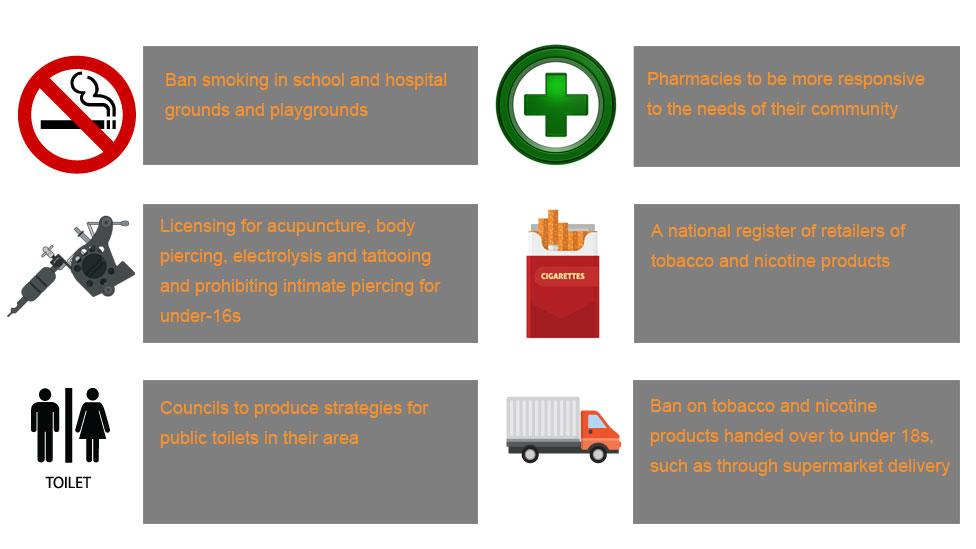
The first attempt at passing the legislation was defeated in March and First Minister Carwyn Jones said there was "no point trying to bang our heads against a brick wall when it comes to e-cigs".
Public Health Minister Rebecca Evans, who launched the proposals at a children's playground in Cardiff, said many of the measures included in the original bill had cross-party support and there had been "widespread disappointment" when it failed.
"At the heart of the bill is the aim of promoting the health of children and young people," she said.
"Proposals such as the ban on smoking in school grounds and playgrounds is intended to prevent children from being exposed to smoking behaviours, making it less likely that they'll take up smoking themselves."
She said, overall, the health of people in Wales was improving but there were challenges and she wanted to see the pace of improvement increased.
There is hope the bill will be passed by May next year.

Public Health Minister Rebecca Evans says the new legislation will bring "clarity" to the issue of smoking near playgrounds.
Analysis from Owain Clarke, BBC Wales health correspondent
The Welsh Government sees this as an important piece of legislation to improve public health, especially for children.
The Bill should get a smoother ride because the elements which divided opinion, like e-cigarettes are not there. Originally, this Bill also included a minimum price for alcohol, but this was set aside because it was thought it would be challenged in the courts. So that is being pursued in a different way.
I think it is fair to say Dai Lloyd, the chairman of the assembly health committee and some of the professional bodies like the Royal College of Nursing might be a little frustrated that this might be a missed opportunity to be more novel and forward looking.
But the aim of the Welsh Government is to get those elements which have been agreed onto the statute book and it expects that to happen by next Summer. But this is the assembly and the whole process of scrutiny starts again.

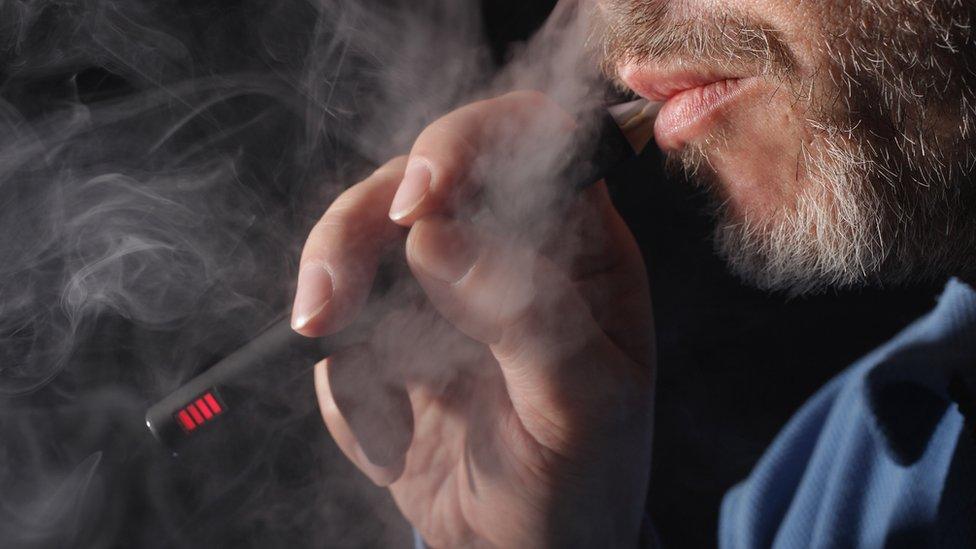
TIMELINE:
2 April 2014: Then Health Minister Mark Drakeford publishes a public health White Paper including proposals for a ban on e-cigarettes in enclosed public places, a minimum prices for alcohol and a national register of tattooists.
June 2015: Details of the Public Health Bill are revealed - including a ban on e-cigarettes in some places, although plans for a minimum price for alcohol are put on hold.
August 2015: There is pressure from opposition parties not to restrict the use of e-cigarettes after research for Public Health England suggests they are much less harmful than tobacco.
November 2015: The assembly's health committee isdivided on whether to support the Welsh Government's proposed ban on the use of e-cigarettes in enclosed public places, as it analyses the Public Health (Wales) Bill.
December 2015: Mr Drakeford agrees to water-down plans for a ban on the use of e-cigarettes in public places.
March 2016: Plaid Cymru refuses to support the bill after a row over the then Labour minister Leighton Andrews quipping that the party had been a "cheap date" in a previous deal. A frustrated BMA and RCN were critical of parties playing "political games" with the nation's health.
May 2016: Mr Jones said the planned ban on e-cigarettes in some public places would be dropped from the next Public Health Bill.
- Published7 November 2016
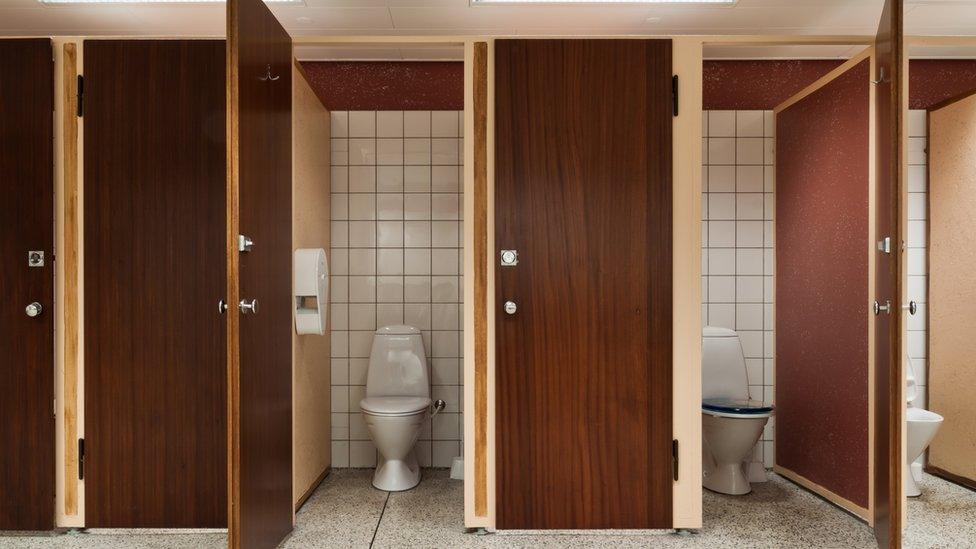
- Published7 November 2016
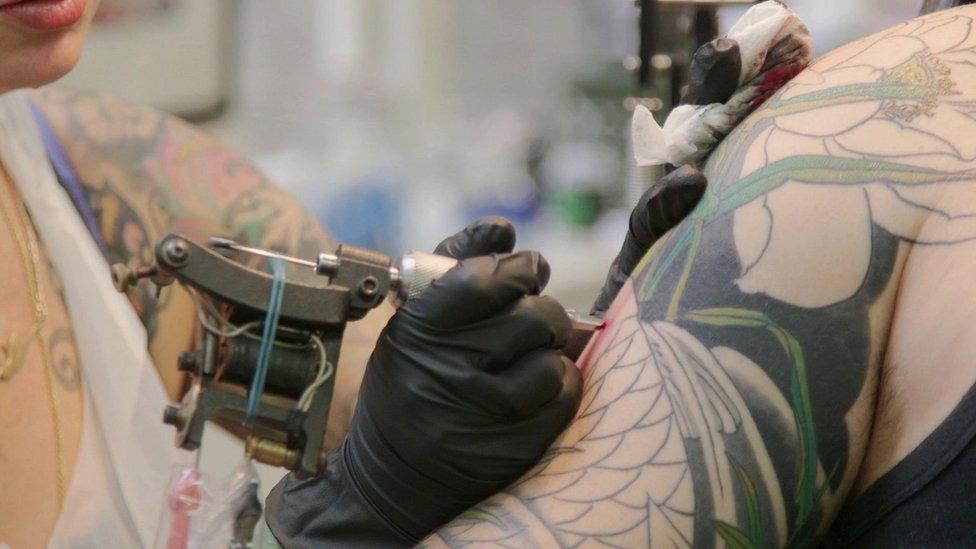
- Published2 November 2016
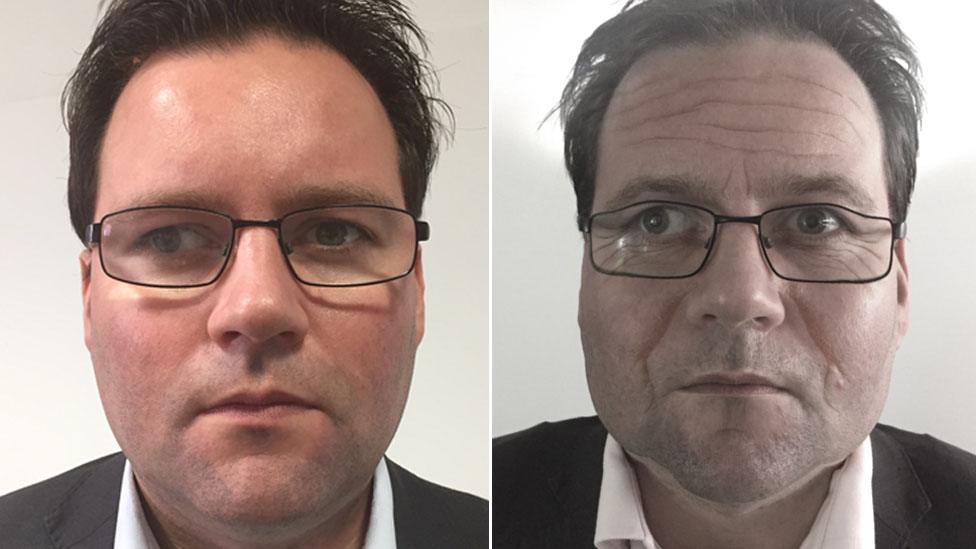
- Published1 November 2016
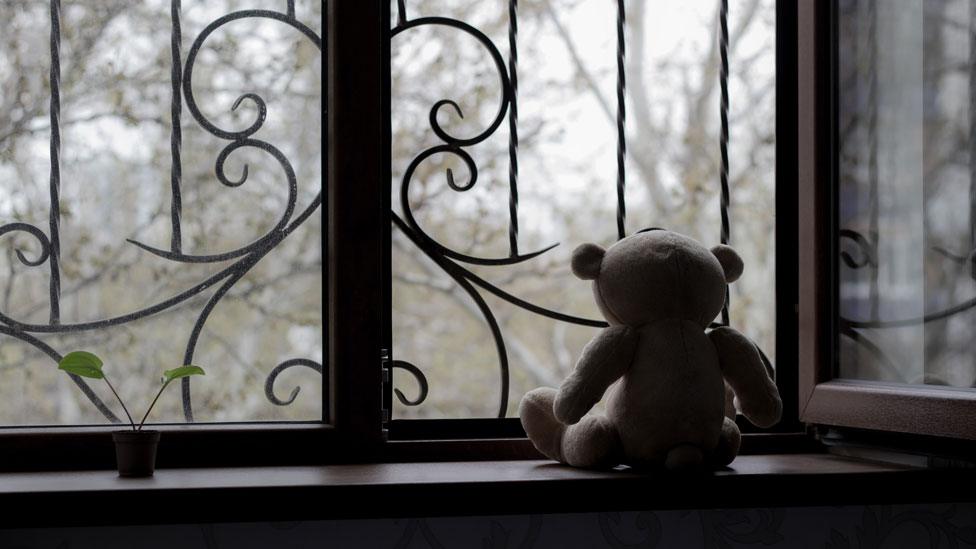
- Published22 May 2016

- Published17 March 2016
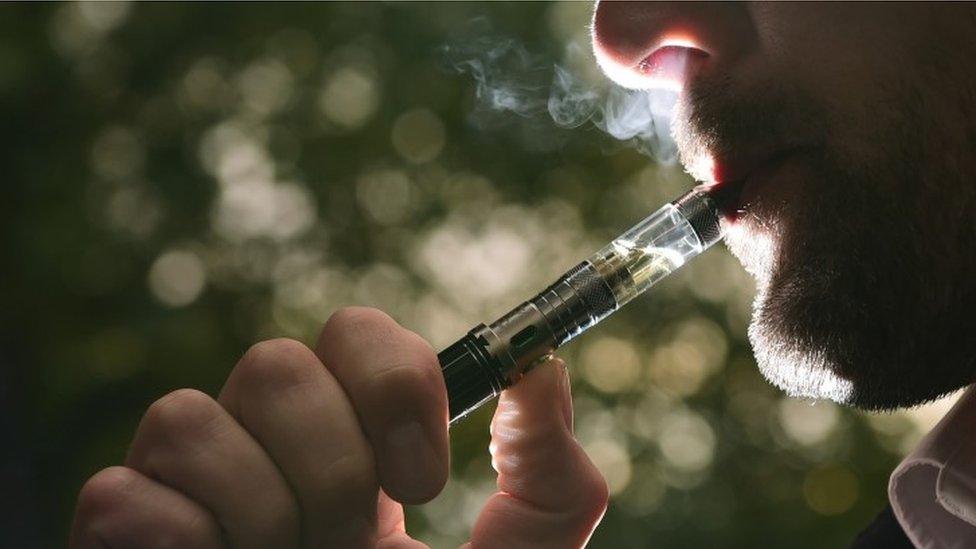
- Published16 March 2016
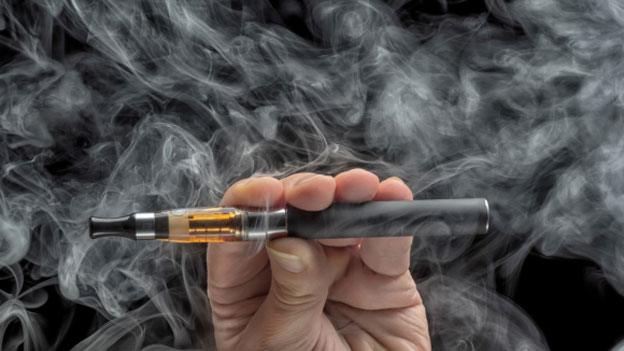
- Published29 September 2016

- Published8 March 2016
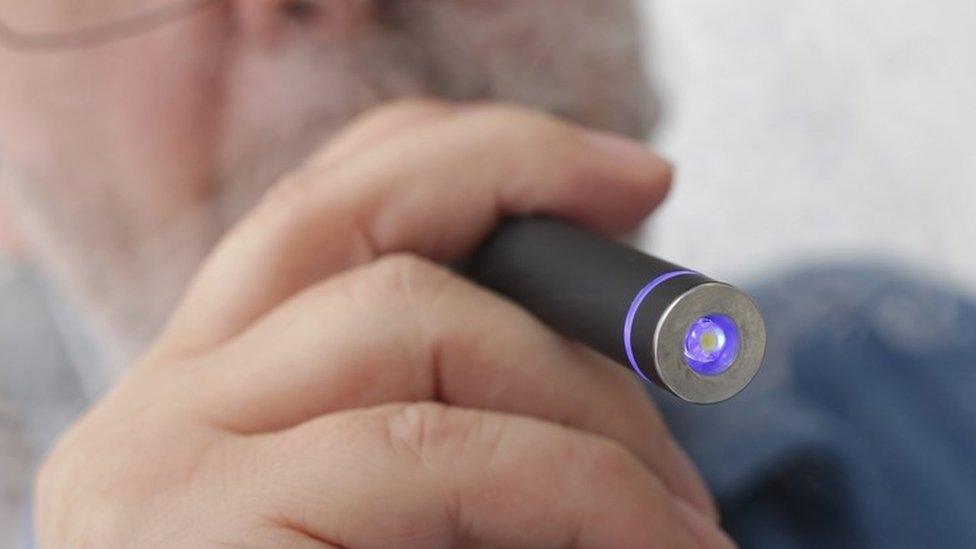
- Published9 June 2015
